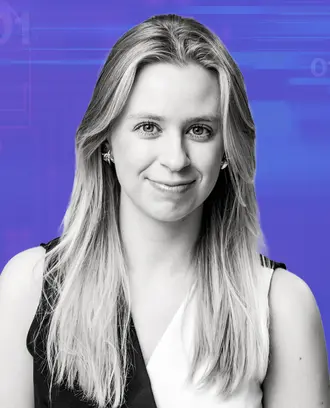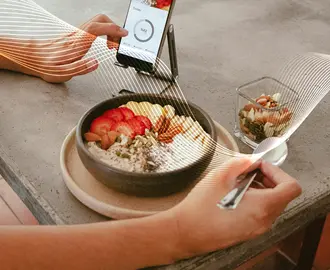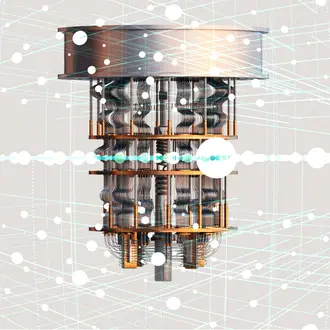Innovation
What IKEA and the Instant Pot can teach us about competition
If you want to stay ahead of the market, find a core problem and solve it. Don't cling to a solution to an outdated need.
Swedish company IKEA bills itself as a furniture retailer — and for some, a purveyor of delicious meatballs — but ask MIT professor Sanjay Sarma, and he’ll tell you IKEA is actually in the business of selling holes.
“You never need a drill to assemble IKEA furniture,” the mechanical engineering professor said during the recent MIT Innovations in Management Conference. “The fact of the matter is, people want a job done. People want holes, they don’t want drills.”
Referencing Harvard professor Theodore Levitt, Sarma pointed out that when someone buys a drill, they don’t actually want the tool, they want what it can do.While some companies are struggling to sell solutions to outdated problems, other companies like IKEA are figuring out how to solve a core problem.
“That's what I call inversion,” Sarma said. “You’ve got to wrap yourself around the need and think outwards, rather than limit yourself to your product.”
Here are three recognizable brands that Sarma highlighted as having successfully mastered the art of inversion — and one that missed the target:
Amazon
Today Amazon is known for selling just about everything, but when it first started, Amazon sold books. Then came its popular Kindle e-reader in 2007. At the same time, Apple and Google were also rolling out new phones and devices with respective reading apps.
Instead of limiting reading options to just a Kindle device, Amazon created its own Kindle reading app and also developed Kindle apps that could be used on competitors’ devices. The company has also unveiled products like its Audible company (which offers audiobooks and podcasts) and the Amazon Echo, a hands-free smart speaker.
Amazon has stayed ahead of competitors with these additional products and services, Sarma said, because it identified a core need that’s bigger than books: reading.
“The book is just the medium for delivering reading to you,” he said. “That’s what all the publishing companies are stuck in: We sell books! People don’t want books, they want reading.”
Instant Pot
In 2009, Robert Wang created a game-changing kitchen appliance: the Instant Pot.
The Instant Pot could do everything from slow cook to pressure cook to steam to bake. And it connected to Bluetooth.
“It basically changes the cooking experience,” Sarma said. “It’s stunning because people don’t want a pressure cooker, they want a good eating experience.”
The Instant Pot and its Bluetooth capability, Sarma said, is an example of how forward-looking a company can be about technology. The Bluetooth connection allows users to remotely monitor the device and know what’s going on inside without taking the lid off.
“It’s trying to figure out the experience and working [your company] in there,” Sarma said.
Nestlé
One company Sarma said has missed the experience is Nestlé— namely its smart phone-connected espresso machine.
“I know it looks sexy, but it doesn’t fit the experience,” Sarma said.
Coffee makers aren’t in the business of coffee, Sarma said, they’re in the business of the “morning experience” — taking those few early, quiet minutes to yourself and prepare for the day.
“Why would I possibly use my phone to control an espresso machine,” Sarma asked. “Espresso has to be drunk the moment it comes out. It’s like remotely activating a massage chair; I need to be in the chair! They missed the point [because] they missed the experience.”
That’s not to say failure should be avoided. Even Amazon CEO Jeff Bezos doesn’t have a perfect record, Sarma said. Just look at the Fire phone.
“All his successes are based on his ability to try and fail and tolerate it,” Sarma said.
Ford Motor Company
Ford Motor Company attempted an inverted approach in 2016 when it purchased the van shuttle service Chariot to compete with rideshare companies. The car company ultimately shut down the service earlier this year, but Sarma said it’s good that Ford is trying to adjust to companies like Uber, which have transformed the market because they’ve identified that people need transportation more than they want a car.
In fact, only a few months before the Chariot news, Ford announced its purchase of Spin, a scooter company that uses cell phones to locate available rides.
“Thank God they tried because it’s worth the learning,” Sarma said. “They may have lost a few hundred million dollars, but it's a lot less than they'll lose if they go bust. You’ve got to do it; you’ve got to try, you've got to fail, you've got to try again.”




